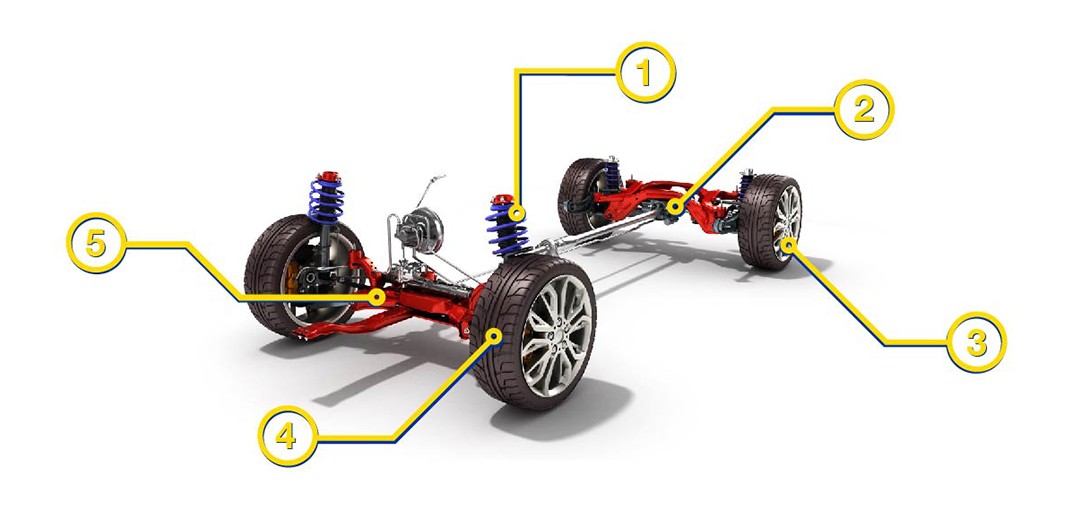 United States (English)
United States (English)
Shopping Cart
Empty Cart
Part No: {{entry.product.code}}
Quantity: {{entry.quantity}}
Total {{cartInfo.totalPriceWithTax.value | currency:"$"}}
Total {{0 | currency:"$"}}
 United States (English)
United States (English)
Part No: {{entry.product.code}}
Quantity: {{entry.quantity}}
Total {{cartInfo.totalPriceWithTax.value | currency:"$"}}
Total {{0 | currency:"$"}}
Asia Pacific
Europe, Middle East, Africa
 România (Română)
România (Română)
 European Union (English)
European Union (English)
 België (Nederlands)
België (Nederlands)
 Belgique (Français)
Belgique (Français)
 France (Français)
France (Français)
 Deutschland (Deutsch)
Deutschland (Deutsch)
 Italia (Italiano)
Italia (Italiano)
 Nederland (Nederlands)
Nederland (Nederlands)
 Polska (polski)
Polska (polski)
 Россия (русский)
Россия (русский)
 South Africa (English)
South Africa (English)
 España (Español)
España (Español)
 Украина (pусский)
Украина (pусский)
 Україна (українська)
Україна (українська)
 United Kingdom (English)
United Kingdom (English)
 Česko (Česká republika)
Česko (Česká republika)
 United Arab Emirates (English)
United Arab Emirates (English)
North America
They seem to come out of nowhere… waiting for you to drive over them. Then they rise up and swallow your vehicle. While this sounds like a plot to a scary movie, this is what it can feel like when you hit a pothole. With over 2.5 million miles of paved roads across our country, this scene is played out countless times each day.
You can feel helpless when you hit a pothole. You try to avoid them at all costs, but sometimes you just have to brace yourself and take on the pothole. To learn more about how potholes form and how you can avoid them, check out this article.
In the battle between cars and potholes, unfortunately the pothole usually wins. From damaged tires to alignment issues, these roadway nuisances can do a number on your vehicle and your pocketbook. Let’s take a closer look at the areas of your car commonly damaged by potholes.

Suspension system – Damaged/bent or broken suspension components, premature wear of shocks and struts
Exhaust system – Noise due to holes
Wheel rims – Bent rims
Tires – Flat tires, uneven tire wear and weakened belts and cords
Alignment – Pulling to one side
Your car can give you signs that it has suffered pothole damage. If you have hit a pothole particularly hard, you will want to be on the lookout for these issues:
![]()
![]()
![]()
![]()
![]()
![]()
![]()
If you notice any of these symptoms, don’t hesitate in taking your vehicle to your mechanic. After a thorough inspection, your mechanic will have your car back on the road in no time.
Learn more about quality steering and suspension parts, find your car part, or find a local car repair shop today.
The content contained in this article is for entertainment and informational purposes only and should not be used in lieu of seeking professional advice from a certified technician or mechanic. We encourage you to consult with a certified technician or mechanic if you have specific questions or concerns relating to any of the topics covered herein. Under no circumstances will we be liable for any loss or damage caused by your reliance on any content.